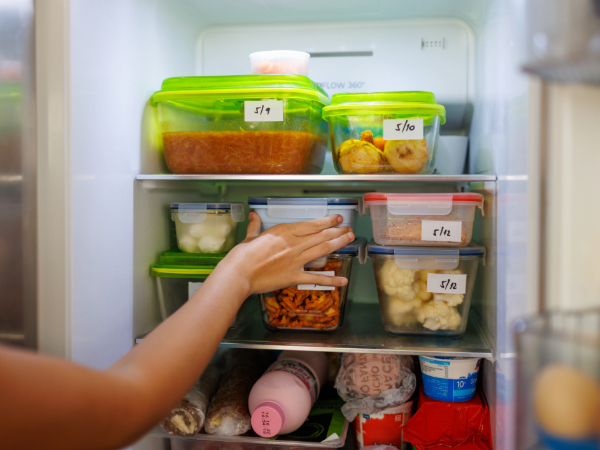
According to the USDA, about 30-40% of our food supply ends up wasted, and a substantial amount of that happens right in our homes. When we waste food, we not only throw away the money we spent, but also the resources used to produce it, like water, energy, and labor. This waste contributes to larger environmental issues, such as the release of greenhouse gases from decomposing food in landfills. By being mindful of how we handle our food, we can make a positive impact on both our wallets and the planet.
One way to reduce food waste at home is through careful planning and shopping. By creating a meal plan and a corresponding shopping list, you can avoid purchasing unnecessary items that are likely to go unused. It’s important to stick to the list and resist the temptation of impulse buys, which often end up spoiling before they can be consumed. Additionally, being mindful of portion sizes can help reduce leftovers that may otherwise go to waste.
Proper food storage is another key strategy for reducing food waste. Learning how to store fruits, vegetables, and other perishables correctly can extend their shelf life. For instance, certain fruits and vegetables should be stored separately to prevent premature ripening, and understanding the use-by and best-before dates can help prioritize what to use first. Freezing food is another excellent way to extend its life. By freezing surplus food, households can preserve it for future meals, reducing the likelihood of it spoiling in the fridge.
Embracing a mindset of sustainability and creativity can make a significant difference. For example, vegetable scraps can be used to make broth, and overripe fruits can be transformed into smoothies or baked goods. Composting is another effective method to manage unavoidable food waste, turning it into valuable nutrient-rich soil for gardens.
Image credit: vgajic | E+ | Getty Images
